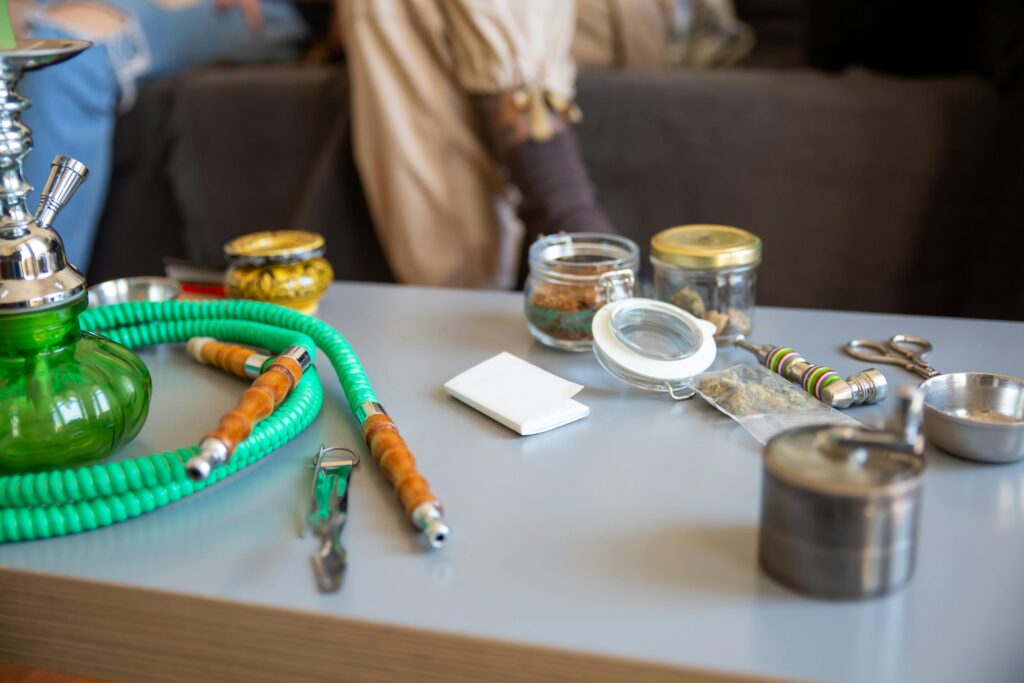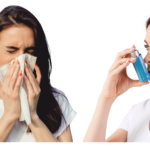“I only smoke once in a while, what’s the harm?”
“Hookah is herbal, it’s safer, right?”
“It’s just social smoking. I don’t even inhale much.”
These are statements we’ve all heard or said. But if you’re living with asthma, even occasional smoking or being around hookah isn’t harmless. In fact, it can be more dangerous than regular exposure in some cases because it catches your lungs off guard.
Let’s break down why even “once in a while” is once too much when it comes to asthma.
The Myth of Safe Occasional Smoking
Whether it’s one cigarette at a wedding or one hookah puff at a friend’s party, tobacco smoke doesn’t become less toxic because it’s rare.
In reality:
- Even one session inflames your airways
- Your lungs remember each exposure
- Asthma symptoms can be triggered hours later, even while you sleep
This is especially true for people who are otherwise managing their asthma well. A sudden exposure can throw the system off-balance.
How Tobacco and Hookah Affect Your Asthma
Both cigarette and hookah smoke contain:
- Carbon monoxide
- Tar
- Heavy metals
- Irritants like formaldehyde and benzene
Even herbal hookah without nicotine still burns charcoal, which releases carbon monoxide, a known asthma trigger.
For asthma patients, this leads to:
- Immediate airway constriction
- Wheezing or shortness of breath
- Increased mucus production
- Higher risk of nighttime asthma or silent attacks
Indian Context: Where It Feels “Normal”
In India, occasional smoking and hookah are part of many social settings:
- Weddings or festivals (especially after a few drinks)
- College gatherings and rooftop parties
- Family members offering a puff casually
It’s easy to feel the pressure: “Bas ek baar hi toh hai.”
But for someone with asthma, that one time can mean:
- A nebulizer session
- A missed day at work or school
- A trip to the emergency room
Real Science: One Hookah = 100+ Cigarettes?
According to WHO:
A 1-hour hookah session may expose users to more smoke than 100 cigarettes.
Even if you’re not a regular smoker, a single session floods your lungs with carbon monoxide, tiny particles, and chemicals that don’t just go away. They cause inflammation, oxidative stress, and trigger asthma symptoms.
Your Lungs Don’t “Reset” After a Puff
You may think, “My asthma didn’t flare up immediately, so maybe it’s okay.”
But here’s the reality:
- Tobacco smoke lowers your lung function for hours or even days
- It increases sensitivity to other triggers like dust, pollution, cold air
- It can make preventer medication less effective
Even if you don’t notice the symptoms right away, your lungs are struggling underneath.
What You Can Do Instead
If you’re tempted or socially pressured, try these responses:
- “Even one puff makes my asthma worse. It’s just not worth it.”
- “I’ve made my lungs work hard enough—time to give them a break.”
- “I’m good with fresh air today!”
And if someone keeps pushing? Politely step away. Your lungs > their opinion.
Asthma Isn’t Just a Condition, It’s a Commitment
You’ve worked hard to manage your asthma—through medication, routines, avoiding triggers. Don’t let a moment undo months of progress.
Say no to “just this once.” Your future self will thank you.
Part of Our World No Tobacco Day Series
This blog is part of our special content series for World No Tobacco Day.
👉 Explore more blogs on tobacco and asthma triggers here
Please share your experience with everyone in the asthma friend community.












